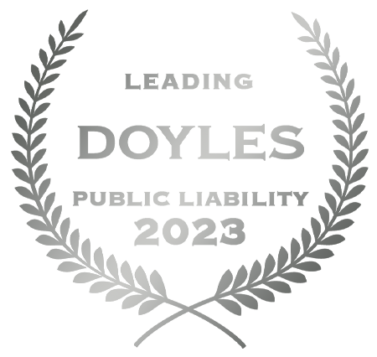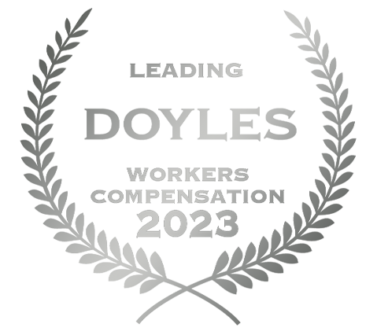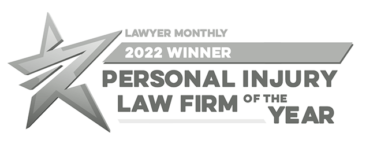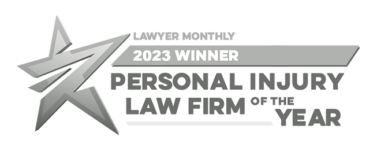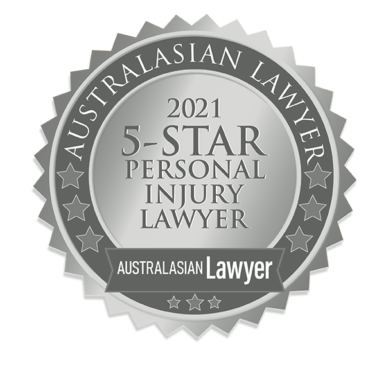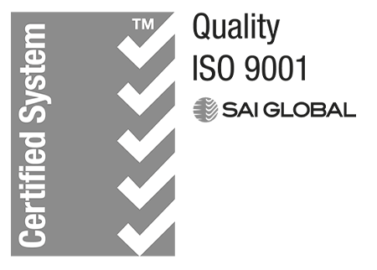
Caesarean Section Negligence – Your Guide.
If you or your baby have been injured during a caesarean section you probably have a lot of questions about how this could happen and what to do next. For example, injuries can be caused by a lack of oxygen to your baby during birth, surgical injuries such as lacerations to your bladder or bowel or the baby’s skin, or infections around your wound.
You might be concerned that mistakes have been made, that you were given the wrong advice, or that you weren’t sufficiently warned about the risks associated with a c-section. This article will help you find answers to these questions. It includes information and advice from our specialist birth injury lawyers on caesarean section negligence, and what you should do if you believe you or your baby have been injured through negligence.
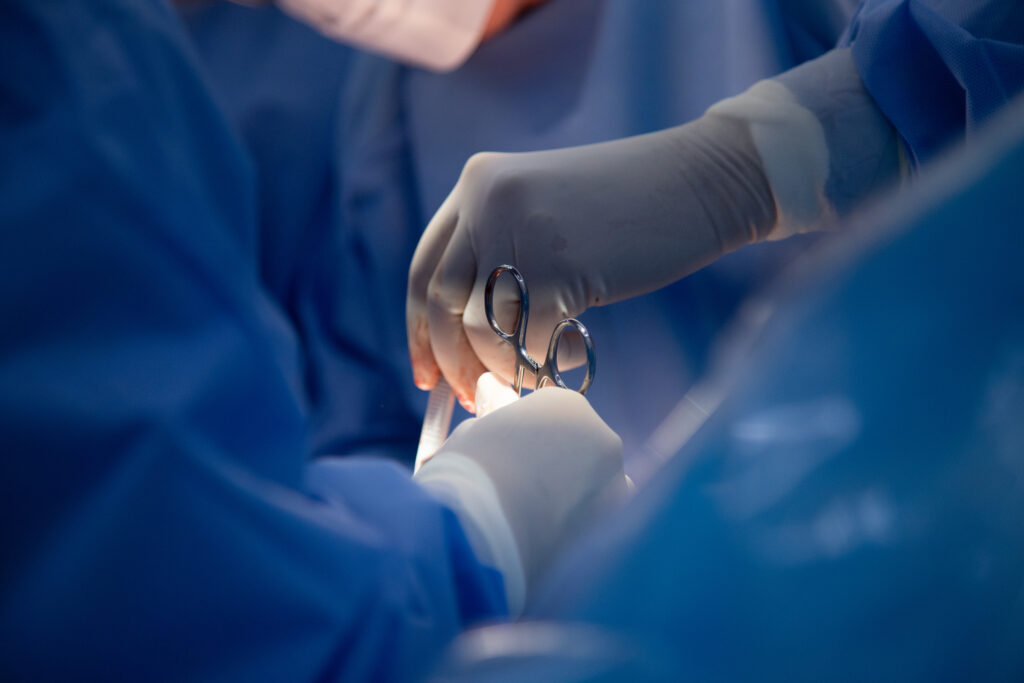
Caesarean section injuries – what you need to know.
Parents concerned about caesarean section negligence generally come to us in one of the following five situations:
If your injury will take a significant amount of time to heal or is permanent, you might have ongoing treatment costs and travel expenses, or you might need time off work. It can also impact your ability to care for your baby.
If your baby’s injury will take a significant amount of time to heal or is permanent this may require ongoing treatment costs, travel expenses, and time off work for you to care for your baby and take them to appointments.
You might have been assured that the injuries to you or your baby were unavoidable or an inherent risk of your surgery, and in many cases, this may be the case. But if you have doubts, read on to learn about your options.
In this article, we’ll help you understand where the inherent risk ends and possible negligence begins, and how to work out which applies to you. Negligence can occur before, during, or after your c-section.
You might need more time off work to recover than was expected, or your partner may need to take time off to care for you and your baby. You or your baby might also be facing costly treatments or life-changing injuries that affect your ability to work permanently. Read on to learn about your entitlements to compensation, which can be significant.
If one of these situations applies to you, this article will help you understand your options.
If you’d like to understand your legal options or entitlement to compensation, you can call 13 15 15 and speak to a specialist medical negligence lawyer. It’s completely confidential and there’s no cost for this call. Law Partners have offices across Sydney and Melbourne areas, including Newcastle and Parramatta with specialist medical negligence lawyers ready to help.
Which caesarean section injuries can be caused by negligence?
All surgery carries risk. In 2021 c-sections accounted for 38% of all births and the figure is rising, so it’s a very common procedure. Most of the time it goes very smoothly, and mother and baby recover in the expected time, however, injuries can occur and sometimes these are caused by negligence. Here are some of the injuries that can be caused by negligence:
Injuries to you:
If mistakes are made during your operation, it’s delayed after it becomes clear it’s needed, or your pre or post-operative care is inadequate then there could be dangerous consequences for you.
Your risk of blood clots increases after a c-section, particularly in the legs (DVT – deep vein thrombosis) and lungs (pulmonary embolism). If procedures to help prevent these such as the use of compression stockings, hydration, getting you moving as soon as possible, or use of medication to help prevent blood clots aren’t followed this could constitute medical negligence.
After a c-section, you have an increased risk of infection both where the incision is (SSI – surgical site infection) and within the pelvic cavity (e.g. endometritis – infection of the uterine lining). If infection control isn’t followed correctly before, during, or after your surgery your risk is increased, and medical staff may be found to be negligent.
During surgery, you’re at increased risk of acute injury to nearby organs such as the bladder, kidneys, and intestines. If your surgeon used improper technique, or you didn’t receive post-operative monitoring to look for signs of complications, or even if you weren’t properly informed of the surgical risks before the c-section then medical negligence may have occurred.
Excessive internal bleeding can happen during or after your surgery. You might need a blood transfusion and other interventions to control this. If these procedures are delayed serious consequences could occur and medical staff could potentially be found to be negligent.
All surgical procedures carry risks. In the case of caesarean sections, the main risks to you are the re-opening of the incision after stitches (wound dehiscence), incision tears, a localised collection of blood outside blood vessels (haematoma), and collection of clear fluid (seroma), rupture or lacerations to the bladder, bowel, kidneys, and intestines. However, if you’re injured as a result of lack of care and skill by surgical staff, this could amount to negligence.
Injuries to your child:
If mistakes are made during your c-section there can also be a significant risk to your baby. The injuries can range from temporary issues that are easily treated after birth, to lifelong issues which affect your child and family forever.
If your c-section is delayed for too long there is the possibility that your baby may suffer from an anoxic or hypoxic brain injury caused by lack of oxygen to the brain. This can lead to many complications such as cerebral palsy and other disabilities, and even death. Unless there’s an unavoidable reason for the delay this could amount to medical negligence.
Babies delivered by c-section are more likely to have breathing difficulties after birth than those delivered vaginally. These usually get better after a few days, but some babies need extra support in the neonatal unit.
If your c-section is delayed this can lead to an increased risk of bone fractures and breaks during the delivery of your baby, such as to the skull, collarbone, femur, or humerus. If there’s evidence of excessive and inappropriate force or poor technique this could constitute medical negligence.
Cerebral palsy affects the brain’s control over muscles and the nervous system. It develops due to brain damage shortly before or during birth. If your c-section was delayed resulting in a lack of oxygen to your baby’s brain this can happen. This is a lifelong condition and if the delay was avoidable then this could amount to medical negligence.
This is a birth injury caused by nerve damage to the shoulder, arm and/or hand. For many babies they will make a full recovery with treatment, but it can cause permanent muscle weakness or even paralysis in some cases. One of the most common causes of Erb’s palsy is shoulder dystocia which happens when the baby’s shoulder is caught behind the mother’s pubic bone. When a medical professional pulls on the baby to release it can cause damage to the nerves in the shoulders. C-sections are a risk factor for this condition. If the force applied was excessive or the technique used was inappropriate then this could be medical negligence.
Lacerations and other damage to your baby’s skin can happen when instruments like forceps or scissors, which are used during a c-section delivery, cut your baby’s skin. The baby’s eyes, face, arms and other exposed areas are most at risk of being cut or torn by negligent surgical technique, and these lacerations have been linked to a variety of other serious conditions including scarring, infections, facial nerve paralysis and cervical spine injuries.
Was my c-section injury caused by negligence?
Not all mistakes are caused by negligence. But how can you recognise the difference?
Medical negligence (also known as medical malpractice) is when a medical professional’s behaviour doesn’t meet the appropriate standard of care, and the patient suffers injury or loss. Medical professionals owe you a duty of care, and if you’re injured when this duty is breached, you may be entitled to claim medical negligence compensation.
Here are some questions you can ask that may help you work out if injuries are due to medical negligence:
- Did you or your baby suffer injury or loss as a result of your medical treatment?
- Was the treatment below the standard of care and skill that a reasonable professional would have provided in the same circumstances?
- Would your injury or loss have been avoided if your care had been appropriate?
If you answered yes to these questions, then the injury may have been caused by medical negligence.
Call 13 15 15 or chat to us now for free advice
Chat nowFind out how much you can claim.
Get startedWhat’s an example of medical negligence?
One way to understand what is considered negligence is to look at an example.
First-time mum, Leanne was awarded $900,000 following a negligent forceps delivery injury.
When her delivery became urgent her obstetrician opted to proceed with a vaginal birth using forceps, rather than an emergency Caesarean or a vacuum-assisted delivery. The baby was delivered safely; however, the use of forceps caused a grade 3b perineal tear. This was repaired with stitches in the delivery suite.
Unfortunately, Leanne was badly injured and suffered faecal and urinary incontinence as well as severe depression.
Our medical negligence team took on Leanne’s claim, and the hospital was found to be negligent in a few ways:
- Leanne was not informed of the different options for delivery and the associated risks ahead of the forceps delivery.
- The obstetrician used excessive and inappropriate force with the forceps.
- The stitches to Leanne’s grade 3b perineal tear were done in the delivery suite but she should have been moved to an operating theatre for such a serious tear.
- The stitches were applied incorrectly which led to the wound not healing as well as it should have or within the expected time.
What do I do next if I suspect negligence?
The best person to give you advice is one of our specialist birth injury negligence lawyers. They’ll advise you whether you have a legitimate claim and look for the best ways to make sure you get all the compensation you deserve. At Law Partners, your specialist birth injury negligence lawyer will take time to get to know you personally, to understand the full impact of your injuries on you or your baby and uncover all your compensation entitlements.
Am I entitled to compensation?
You may be entitled to compensation to cover you for current and future loss of income, medical treatments, travel expenses, and total and permanent disability (TPD).
Your child may be entitled to compensation for treatment and care now and into the future.
The best way to find out what you can claim is to talk to one of our experienced birth injury negligence lawyers by calling 13 15 15 – there’s no cost to find out where you stand.

Shane Butcher
Principal
An accredited specialist in personal injury law and spokesman for the Australian Lawyers Alliance, with the best part of 20 years’ experience in assisting injured Australians receive everything they’re entitled to.


